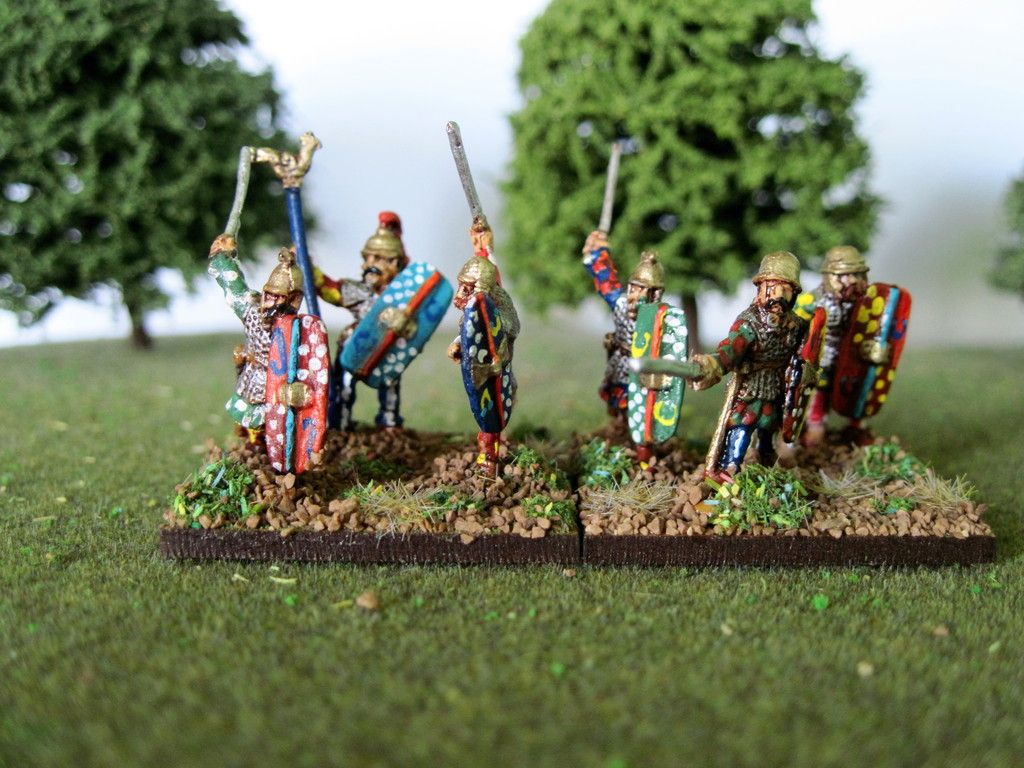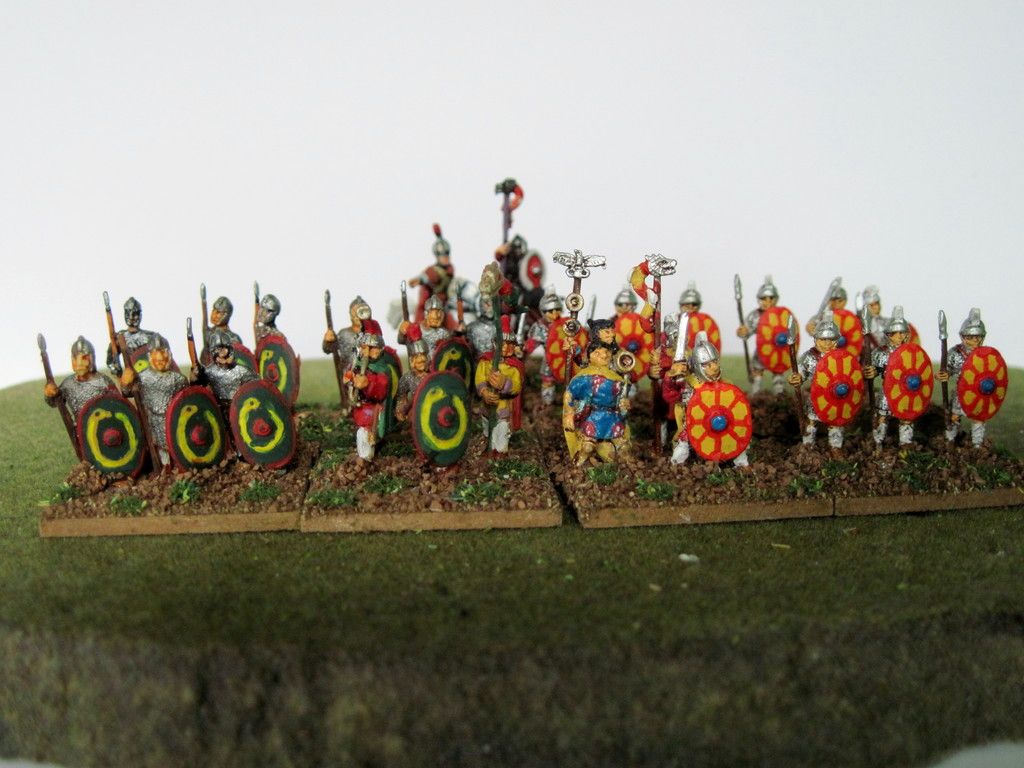Famously Tacitus has Agricola saying he could
he could conquer Ireland with a single Legion and associated auxiliaries-let’s
say 10,000-12,000 men. An expelled Rí seems to have been involved. Agricola may well have done so or perhaps have had a
Caledonian experience. Instead the
emperor sent him north.
The Irish had very long established links with Gaul and
Britain and must have watched what was happening on the other island with
trepidation. They received refugees from
the Brigantes
and probably other peoples as the Conquest proceeded seemingly inexorably.
We can note that some of the peoples found in Britannia according to Ptolemy were also to be found in Ireland including the Brigantes. The Christian cult of St Brigid seems to have been grafted onto an ancient pagan cult of Bríg who gave her name to Brigantia: and surely the young Setanta had some connexion with the Setanti - a Brigantian polity.
The Irish initial reaction to the Empire more or less seems to have
been a policy of isolation keeping well clear of interaction with the looming
danger. Trade with Gaul was gone and
trade with Britannia judging by archaeological finds became
miniscule. Never the less - the Irish
were now on the frontier of the Empire with the sea functioning as a road
rather than an obstacle.
The dynamics at play for peoples on the Empire’s borders
have been identified and explained by Peter Heather and the Irish of the
eastern seaboard followed the pattern of seeking to exploit trade links while
holding off both Roman domination and demands for fairer trade access from
polities further west. For the Empire it
was the usual carrot and stick policy.
By 297 AD the Romans seem to be aware of a burgeoning Irish problem shortly afterwards political developments in Ireland result in a Roman change of nomenclature the Hiberni become the Scotti in our Imperial sources and appear on a list of ‘new’ barbarian peoples. These new barbarians all seem to be old ones in bigger and more powerful political units and are a direct consequence of proximity to the Empire.
In Ireland the dominant polity appears to have been Bréga best thought of as greater Leinster and controlling the Lion’s share of both the good arable land and the trade routes.



Lovely looking figures OB.
ReplyDeleteThanks Ray, QRF at the top, Essex, Outpost, Chariot and Black Hat Romans in the middle and Donnington Irish at the bottom.
ReplyDeleteCheers Phil the next post will be about the Roman Garrison one or two of my units are even the right ones.
ReplyDelete